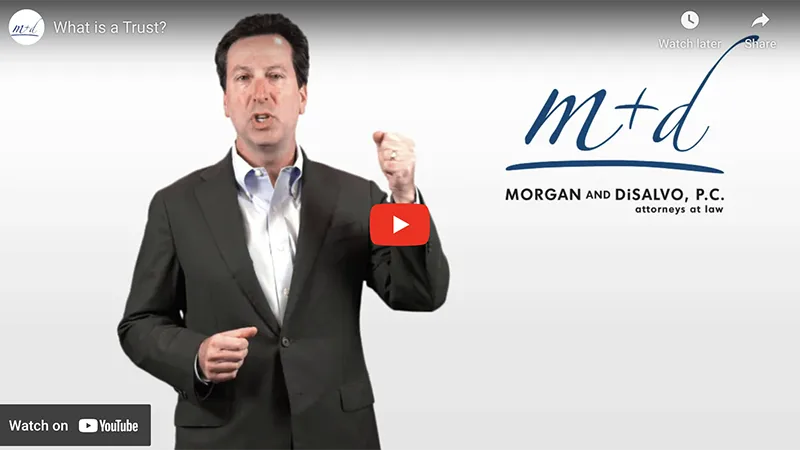Revocable Living Trust

What You Need to Know about a Revocable Living Trust (RLT)
A Revocable Living Trust (RLT), often called a “Living Trust,” is a document in which a person names a Trustee to manage any assets that are placed in the RLT during the person’s lifetime. Usually, the RLT provides that any assets it holds are to be used for the benefit of the person who created it as long as he or she is living.
A RLT differs from a Will in a few ways. One, a Will only takes effect when a person dies. Second, an appropriate court must formally acknowledge it as valid before it can go into effect. This is referred to as the probate process and can be time consuming. Third, a Will names an Executor to administer the estate and provide for the distribution of assets to the creator’s desired beneficiaries upon their death (as opposed to a Trustee who manages any assets placed in the RLT during the creator’s lifetime).
The RLT takes effect as soon as it’s signed. If the creator of the RLT becomes unable or unwilling to manage the trust’s assets, the successor Trustee will take over and manage the assets on the creator’s behalf. Upon the creator’s death any assets already owned by the RLT, any assets which pass to the trust from the creator’s estate (in accordance with the creator’s Will), and any assets which pass to the RLT under the beneficiary designations can be managed and distributed by the Trustee in accordance with the terms of the trust.
There are specific situations in which an RLT is beneficial and our attorneys can discuss those with you in-depth. Here are some reasons you might want a RLT:
- The best vehicle for long term asset management
- Avoids the need for ancillary probate processes when real estate is owned in multiple states
- Avoids post-death disputes
Not part of a public record (unlike Wills) - Avoids estate plan disruption
- Avoids the potentially expensive probate process
- Easily amendable to provide for specific bequests
There are many details to think about when deciding if a trust is right for you. It’s also important to note that RLTs do not replace a Will as part of an estate plan. You will need a “pour-over Will” to ensure any assets not caught by the RLT will be appropriately distributed upon your death.
RLTs, like all other estate planning mechanisms, should be created with the assistance of experienced attorneys. We would be happy to discuss RLTs with you as a part of your estate planning process. Please call us at 678-720-0750 or email us at info@MorganDiSalvo.com.
What is a Trust?



